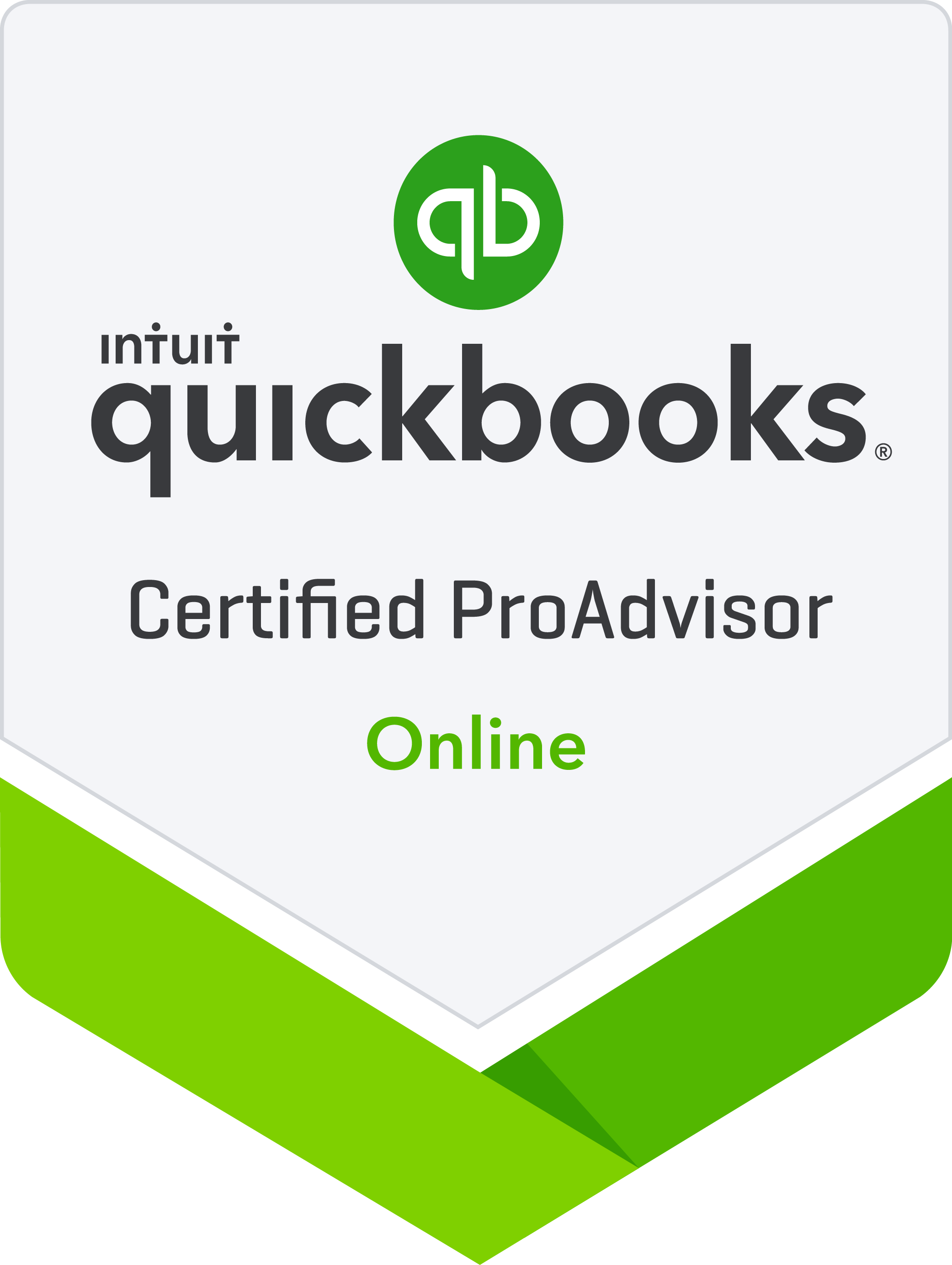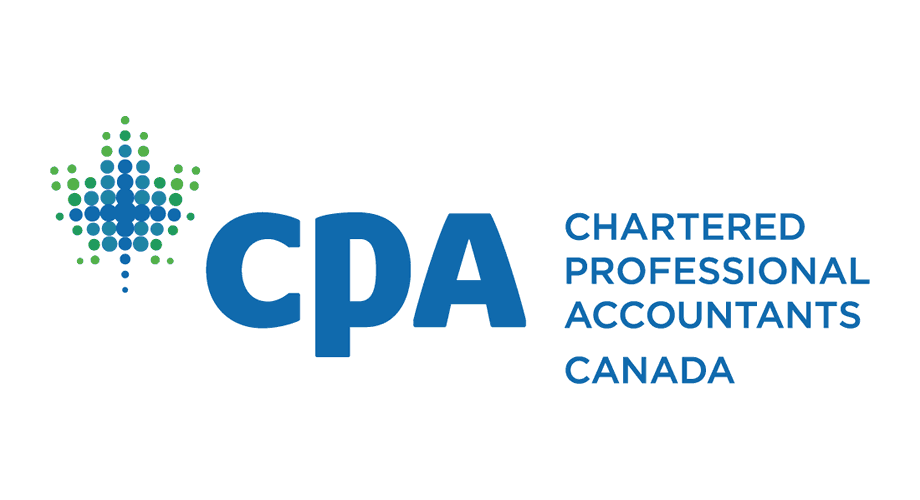Under Canadian Tax laws, a family trust is a personal trust and must adhere to the regulations regarding personal trusts. There are two basic types of personal trusts:
- Testamentary Trust: a trust that comes into existence upon the death of the person / will creator
- Inter Vivos Trust: a trust that is created while the person is alive for the benefit of other living people.

Testamentary Trust
When a person passes away, his or her executor has to file a T1 tax return for the last year of the deceased’s life. Along with the final personal tax return, a trust tax return, or T3 tax return, for the estate may need to be filed. An estate or trust is considered a “person” for taxation purposes and has to file a tax return each year to report income. An estate’s tax year begins the day after a person passes away and continues for one year.
Any income earned by the estate during the tax year is reported on a T3 return, and is offset against available deductions and exemptions. Income earned by an estate may be in the form of capital gain, dividends or interest. If an estate doesn’t earn any income, it may not be necessary to file a T3 return but an information return still needs to be filed. If an estate carries on for many years, a T3 return has to be filed for each year. When the estate is wound up and all of its assets have been distributed to the beneficiaries, the executor should request a Tax Clearance Certificate from CRA to show that all taxes have been paid.
It is best to discuss with the experts at Bajwa CPA how to proceed with tax filings and other regulatory requirements in Trust & Estate Tax Returns.
Inter-Vivos Trust
Inter-vivos trust is created while the person is alive for the benefit of other living people, usually family members. However, any income earned inside this trust is taxed at the highest marginal tax rate. If an income producing asset is held by an inter-vivos trust, its income and capital gains can be flowed through to the trust’s beneficiaries if their marginal tax rates are lower than the highest marginal tax rate. There are many tax planning techniques that could be applied while preparing tax returns for the trusts.
We can prepare your Trust & Estate Tax Returns and also advise on whether tax owing on income earned by an estate or trust can be shared among the beneficiaries rather than borne by the trust itself. Contact us today to get started with your Trust & Estate Tax Return.






